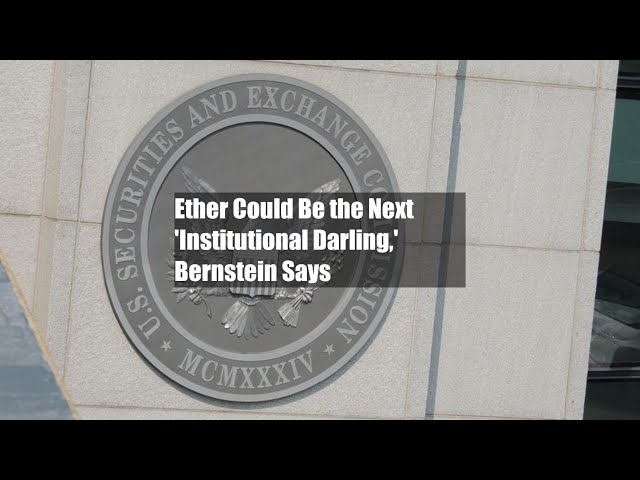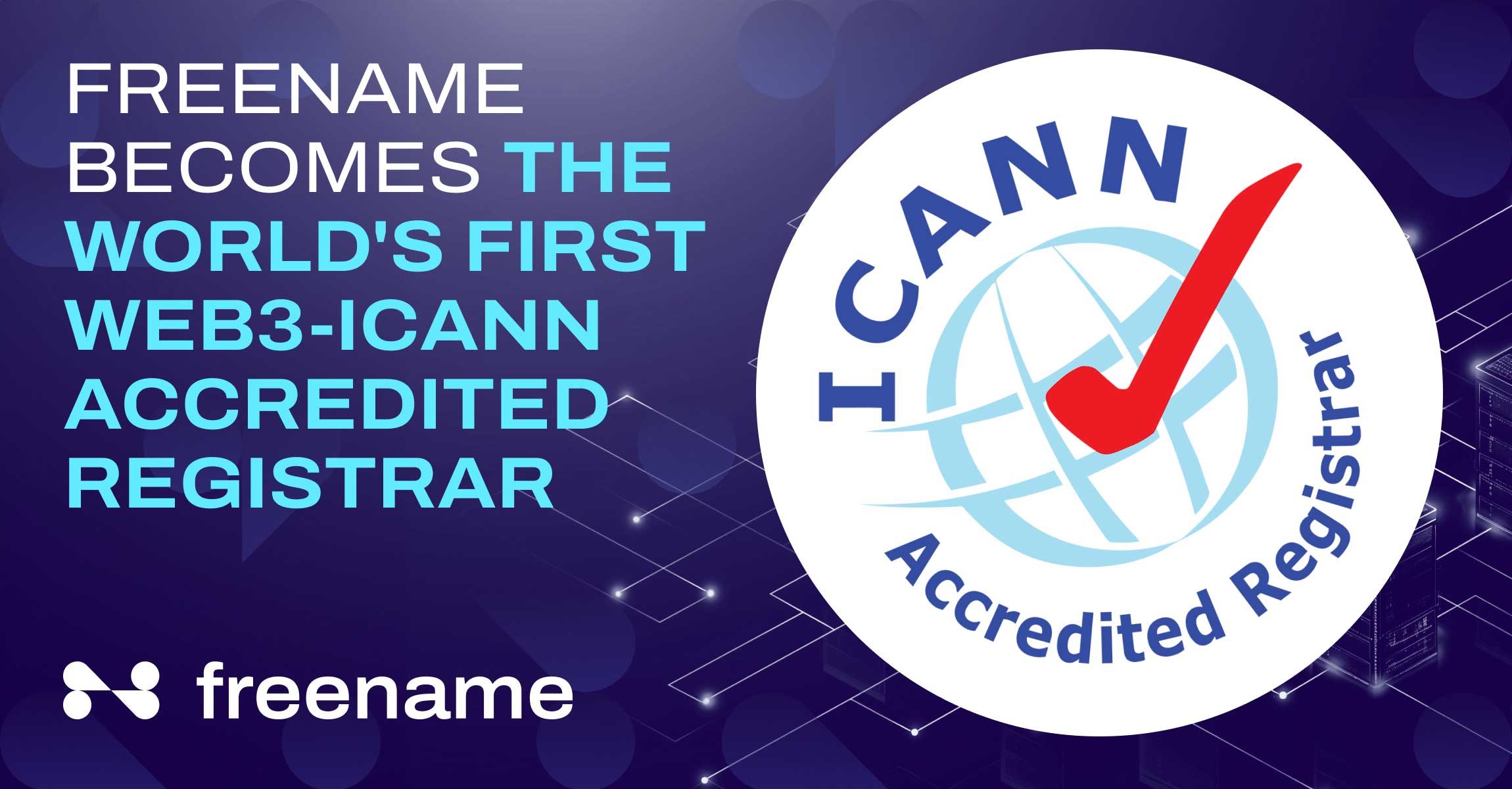The recent surge in Bitcoin’s value, largely attributed to the introduction of exchange-traded funds (ETFs), has prompted analysts to turn their attention towards Ethereum (ETH), the second-largest cryptocurrency. According to a research report by brokerage firm Bernstein, ETH stands out as a potential candidate for ETF approval from the U.S. Securities and Exchange Commission (SEC).
Ethereum ETF adoption to increase its importance
Bernstein’s analysts believe that ETH is likely the only other digital asset besides Bitcoin with a considerable chance of securing a spot ETF approval. They estimate a 50% likelihood of Ether ETF approval by May, with a near-certain probability of approval within the next 12 months. This optimism stems from the interest shown by several traditional finance giants, including Franklin Templeton, Blackrock, and Fidelity, all of whom have submitted applications for an Ether ETF.
These firms, having already received approval for Bitcoin ETFs, are now vying for a similar product for Ether. The appeal of Ether lies in its unique features, such as its staking yield dynamics, environmentally friendly design, and institutional utility for creating new financial markets. Analysts Gautam Chhugani and Mahika Sapra point out that Ethereum’s ability to generate staking yields could pave the way for innovative ETF designs.
Moreover, institutions are not only interested in launching ETH spot ETFs but also in leveraging the Ethereum network to build more transparent and open tokenized financial markets. This broader utility extends beyond mere asset gathering and aligns with the growing interest in decentralized finance (DeFi) applications.
Ethereum’s forthcoming upgrade, dubbed “Dencun” and scheduled for March, is expected to further enhance its capabilities. This upgrade will introduce a dedicated corridor and block space for roll-ups, a scaling solution that promises to significantly reduce transaction costs by 50%-90%. The potential cost savings and improved efficiency offered by this upgrade could further bolster Ethereum’s appeal to institutional investors and developers alike.
The road to mainstream adoption and investment
In essence, the outlook for Ethereum appears promising, driven by its potential for mainstream institutional adoption and its role in powering innovative financial markets. As the cryptocurrency landscape continues to evolve, ETH’s position as a leading platform for decentralized applications and smart contracts could solidify its status as a key player in the digital asset ecosystem.
With the possibility of an Ether ETF approval on the horizon and ongoing upgrades to enhance its scalability and efficiency, ETH is poised to attract even greater interest from investors and developers in the months ahead. From an investor’s perspective, gaining exposure to Ethereum through an ETF offers several advantages, including diversification, liquidity, and regulatory oversight.
An Ether ETF would provide investors with a convenient and familiar way to access the asset class without the complexities of managing private keys or navigating cryptocurrency exchanges. Moreover, ETFs typically offer transparency and regulatory protections that can instill confidence among institutional investors and retail traders alike.
As the regulatory landscape evolves and institutional interest in cryptocurrencies grows, the approval of an Ether ETF could serve as a significant milestone for Ethereum and the broader digital asset market. It would signal mainstream acceptance of Ethereum as a legitimate asset class and could pave the way for further institutional adoption and investment.
Ethereum’s potential for an ETF approval reflects its growing significance in the digital asset space. With its unique features, technological advancements, and expanding ecosystem, Ethereum is well-positioned to play a pivotal role in the future of finance. As regulatory hurdles are overcome and investor confidence grows, the approval of an Ether ETF could catalyze further innovation and investment in Ethereum and the broader cryptocurrency market.





